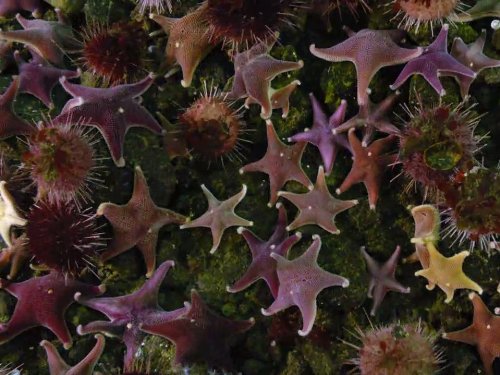Marine invertebrates, the descendants of one billion years of evolutionary history, are the most abundant creatures in the ocean. In the Sea of Cortez, packs of Humboldt squid make night-time raids from the deep to co-operatively hunt sardines. Beneath the permanent Antarctic sea ice of McMurdo Sound, sea urchins, red sea stars and nemertean worms are filmed scavenging on a seal carcass. A fried egg jellyfish hunts amongst a swarm of Aurelia in the open ocean, spearing its prey with harpoon-like tentacles. In the shallows off South Australia, hundreds of thousands of spider crabs gather annually to moult. Large male cuttlefish use flashing stroboscopic colors and strength to win a mate, whereas smaller rivals rely on deceit: both tactics are successful. A Pacific giant octopus sacrifices her life to tend her single clutch of eggs for six months. Marine invertebrates have a lasting legacy on land too - their shells formed the chalk and limestone deposits of Eurasia and the Americas.

